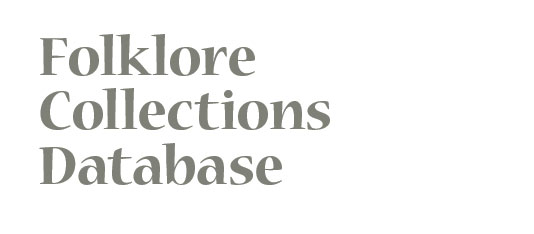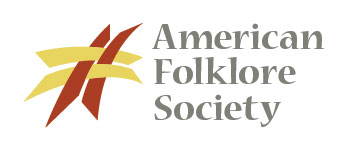

According to a document obtained from The National Center of U.S.-El Salvador Sister Cities main office in New York, forming a Sister City bond lets you and your city develop a direct, people-to-people relationship with a Salvadoran community. Through this relationship, U.S. citizens can help a Salvadoran town build a future, and can learn about Salvadoran history and life from the people themselves. Through sister city relationships, Salvadoran and U.S. citizens learn from one another, share hopes and dreams, and work together to build a world in which peace, understanding, freedom, equality and justice are the guiding principles for relationships among all people.
In Columbus, activities in solidarity began in mid 1980’s. Many social religious groups and local branches of Pastors for Peace, CRIPDES (Christian Committee of the Displaced), CISPES (Committee in Solidarity with the People of El Salvador), SHARE (Salvadoran Humanitarian Aid, Research and Education Foundation ), among others, came together to support an agreement between the city of Columbus and the city of Copapayo, located in central El Salvador. The Sister City Project in Columbus aimed at intervening in El Salvador through sending “delegations” to Copapayo, contacting state and local representatives, and bringing awareness to the general public. Delegations comprised of small groups of people - between 10 to 15, but varied from year to year and organization - that raised funds through individual and church donations in order to travel to El Salvador to “maintain peace” in various parts of El Salvador. The activities of the various delegations varied, but most identified their participation as playing the part of “human shields” during their short tenure in El Salvador. In 1987, the City of Columbus officially endorsed and recognized the Columbus-Copapayo Sister City Project through the ratification of an official city resolution signed by the then mayor Gregory S. Lashutka. In 1989, the first delegation to Copapayo established contact with community members. Aid was distributed to the local community members in the form of medical supplies and children’s toys. Funds were brought to begin building community centers for women and children, as well as a school. The number of delegations to Copapayo from Columbus is unknown, but there is reason to believe delegations to Copapayo continued until the Peace Treaty of 1992, which “officially” ended the El Salvadoran civil war.
In the Spring of 2014, participants in Dr. Borland’s fieldwork course completed extensive research, which included tape recording oral histories from Copapayo-Columbus Sister City delegation members and leaders, retrieval of archival materials from said delegation members, and contextualizing initiatives in Columbus, Ohio within larger U.S. efforts in El Salvador. Copapayo-Columbus delegation members and key leaders were interviewed over the course of the Spring 2014 semester, and a working list of archival materials, listed below, was compiled.
Original materials for this collection were returned to the donors. Digital copies are housed at the Folklore Archives of the Center for Folklore Studies.